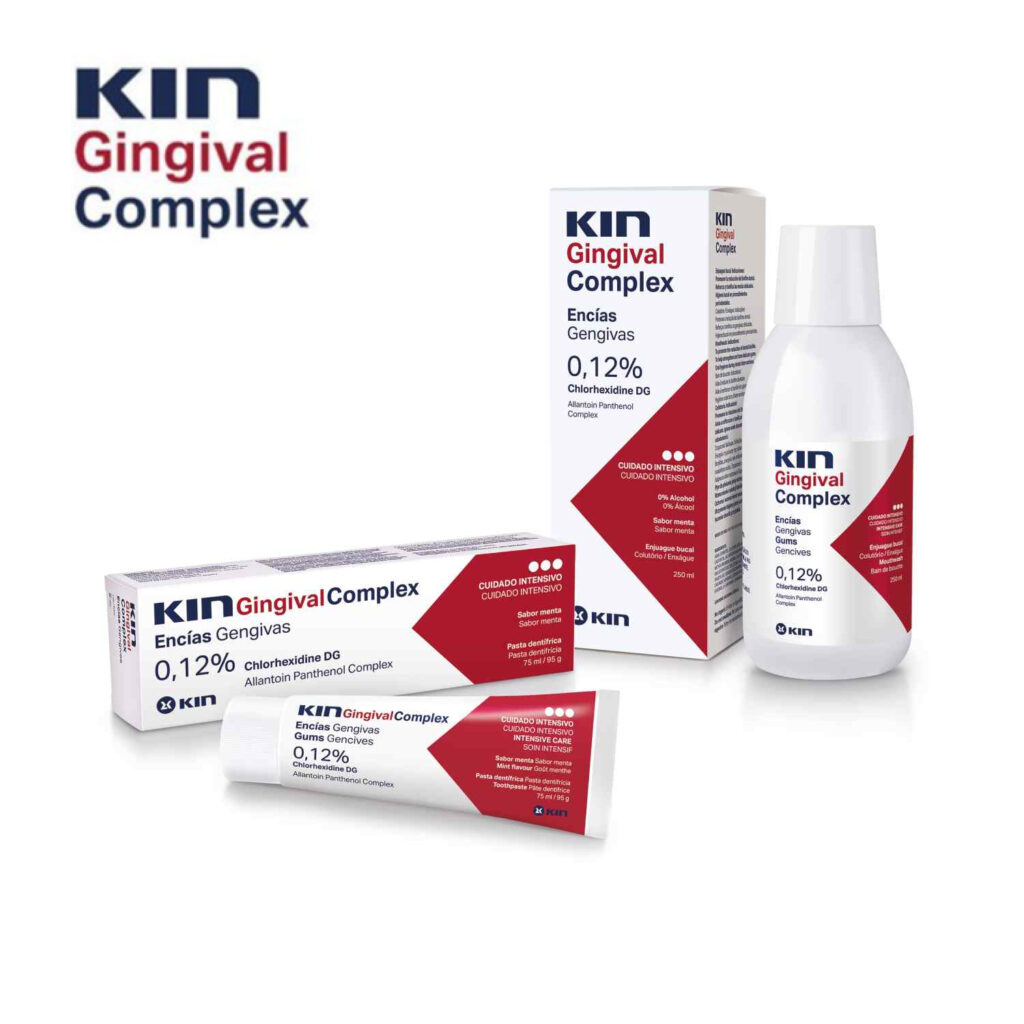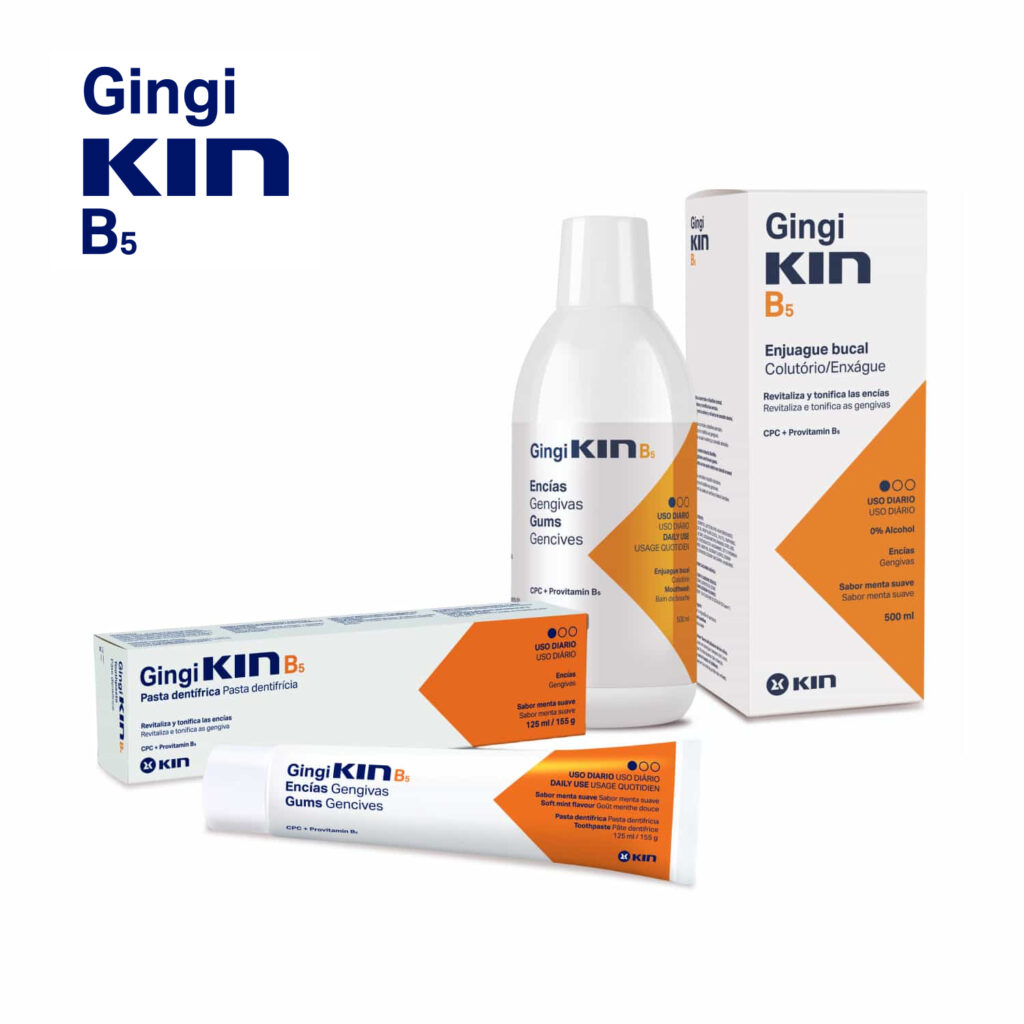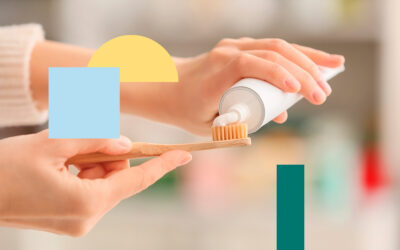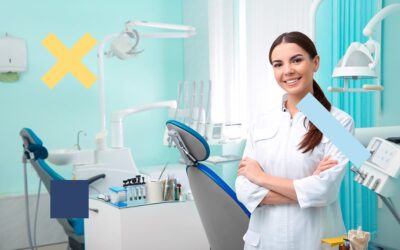Like most health professionals, oral health professionals are exposed to infection in the course of their work, since, according to several studies, one of the most important routes of entry of COVID-19 into the body is through the mouth.
Our work is one of the most important, as we advise and ensure that our patients maintain good oral health. We are aware that the greater the degree of affection in the oral cavity, the greater the risk of suffering from pulmonary or systemic diseases, including the dreaded COVID-19.
We know that the level of contagion is very high due to the characteristics of the virus itself, as well as the lesions it produces once it is already established in our body.
How can we work safely in the dental practice?
The profession involves two distinct parties: the practitioners, dentists and hygienists, and the patients. The safety of treatment must be the same for both.
The physical barriers of biosecurity are well known to us and we usually put them into practice: we use gloves, masks, goggles, hats, etc. However, we are not fully protected as evidence shows a high number of healthcare workers have been infected and have suffered from COVID-19.
However, are there any additional barriers that we can use in the dental office to reduce this risk of contagion?
Yes, they are chemical barriers, including the use of cetylpyridinium chloride (CPC).
We have explained above that there are two parties involved in the development of the profession:
1) The professional: During his working day, the professional assumes a new risk of contagion with each exposure to each patient he treats.
2º) The patient: He/she is totally unprotected without the most important physical biosecurity barrier (i.e. the one covering his/her mouth and nose), as dental treatment is incompatible with the use of masks, screens or any protection of the oral cavity for obvious reasons.
In the real day-to-day situation of the dental clinic, the best prevention is to ensure that both parties, practitioner and patient, use all possible barriers. As far as the chemical part is concerned, the professional will provide the patient with a Mouthwash containing CPC before starting the treatment he/she will undergo. This simple action helps to decrease the viral load in the mouth, thus decreasing the likelihood of transmission of COVID-19.
CPC degrades the lipid membrane covering the virus causing its inactivation, thus preventing it from attaching to receptors in the oral cavity.
It is recommended that the professional, before starting work, performs the same procedure: rinsing the mouth with a mouthwash containing 0.05% CPC. One option could be GingiKIN B5, as its effect lasts for 3 to 5 hours. It is recommended to repeat the same action at the end of the day.
We must consider that there is a group of asymptomatic patients, who show no signs of the disease, yet are carriers of the virus. These patients are at high risk for the dental clinic because they are unaware that they have the disease, hence the importance of treating all patients under the safest protocol.
The most vulnerable moment of the visit is when the patient has to remove the mask to start treatment, so this is the right time to take the appropriate preventive measures, which we must ensure are effective. It is recommended that we provide the patient with a mouthwash containing CPC 0.05%, checking that it is rinsed during the aforementioned time, and explaining that it must reach all areas of the mouth, even instructing the patient to gargle if necessary.
CPC has been shown in cell culture to reduce viral load by up to 99.9%.
Advantages of using CPC 0.05 % over hydrogen peroxide and povidone-iodine.
First of all, what is cetylpyridinium chloride (CPC)? It is an antiseptic component used in different formulations and found in oral hygiene mouthwashes. It is a quaternary ammonium derivative, with a germicidal effect.
There are several advantages of using CPC over hydrogen peroxide and povidone-iodine:
1) Durability: The effect of CPC in the oral cavity is more prolonged in time compared to the chemical ingredients mentioned above.
2º) Flavour: CPC is an antiseptic that is usually present in mouthwashes. These rinses themselves are formulated to have a pleasant taste.
3rd) Tolerance: The patient is more receptive and tolerates the rinsing time better, not rushing its expulsion from the mouth.
4º) Effectiveness: In mouthwashes, CPC is combined with other ingredients that provide benefits and reinforce its action, such as chlorhexidine, provitamins, etc.
5º) Continuity: Due to the set of advantages mentioned above, this is the time for both the dentist and the hygienist to establish the basics of oral hygiene in the patient. This is the basis on which continuity will be built, creating a habit of conduct in the patient's daily life. In other words, that all these preventive and safety measures that we have established during the consultation time go beyond their stay in the clinic and can be prolonged at home and in their daily life.
6) Comfort: It is important that the patient feels a sense of well-being after rinsing. This will motivate them not to lower their guard in terms of oral hygiene. It is important to pay more attention to this aspect, as it is a fundamental conditioning factor in terms of prevention with regard to COVID-19.
7º) Tolerance: CPC is an antiseptic that does not have significant side effects and is therefore recommended for daily use.
Therefore, it can be said that, given the advantages of CPC over other chemical compounds, its use as an antiseptic in the dental practice is recommended. Exclusive products for the needs of oral health professionals.
Discover our products for professionals
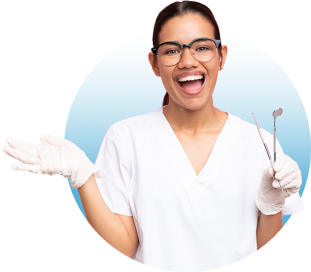
The role of the dentist/hygienist with regard to CPC:
Health education is the responsibility of the professionals. The patient is not aware of the guidelines to be followed for the prevention of any oral disease, including everything related to COVID-19.
In order to be able to properly counsel patients, it is necessary to know two basic concepts to reduce the risk of contagion in the consultation room:
How can COVID-19 be transmitted during dental treatment?
Saliva is a high-risk transmitter, as the virus is usually established in the salivary glands. Hence, the greatest risk of contagion occurs during procedures that generate aerosols, as the virus is able to travel in the droplets that are produced, increasing the risk of contagion for the dentist.
¿How does CPC act as the most effective preventive antiseptic against COVID-19?
What happens in the oral cavity during the rinsing time? CPC acts by contact by reacting against germs, so it is advisable to respect the time that the mouthwash must be kept in the mouth, for 30 seconds, and to make sure that the rinse reaches all the structures of the mouth (hard and soft palate, tongue, floor of the tongue, jugal mucosa, vestibular floor, tuberosities, retromolar structures, beginning of the throat, etc.). It is also important to share this information with the patient, as knowledge of this information will make them follow our recommendations.
There is a group of patients we have not yet mentioned, namely those suffering from periodontal disease. This sector of the population is very unprotected against the possibility of contagion, due to the predisposition to bleeding from the disease itself, in the event that the virus is installed in the oral cavity, this being the perfect route of entry into the bloodstream.
In these cases, the best chemical agent we can offer as an adjuvant to our patients is chlorhexidine. KIN Gingival Complex gives us the option of benefiting from the use of both components: chlorhexidine 0.12% and CPC 0.05%. In addition, the patient can benefit from its toning and moisturising effect on mucous membranes and gums.
The use of this combination in the same mouthwash in the dental clinic gives us the certainty that the patient will not suffer unnecessary risks during the treatment.
The COVID-19 has generated an unprecedented series of negative emotions in people: fear, anguish, anxiety, stress, etc. We know that one of the factors that makes patients reluctant to go to the dentist's office is fear. Therefore, in these times of pandemic, it is important that both the dentist and the hygienist transmit security to the patient in the face of these two fears: the usual fear and the fear of contagion. We must be able to break down these barriers that prevent them from facing oral treatment with safety and relaxation, and we must do so based on our knowledge and communication of the protocols used to make the dental clinic a safe space for their care.



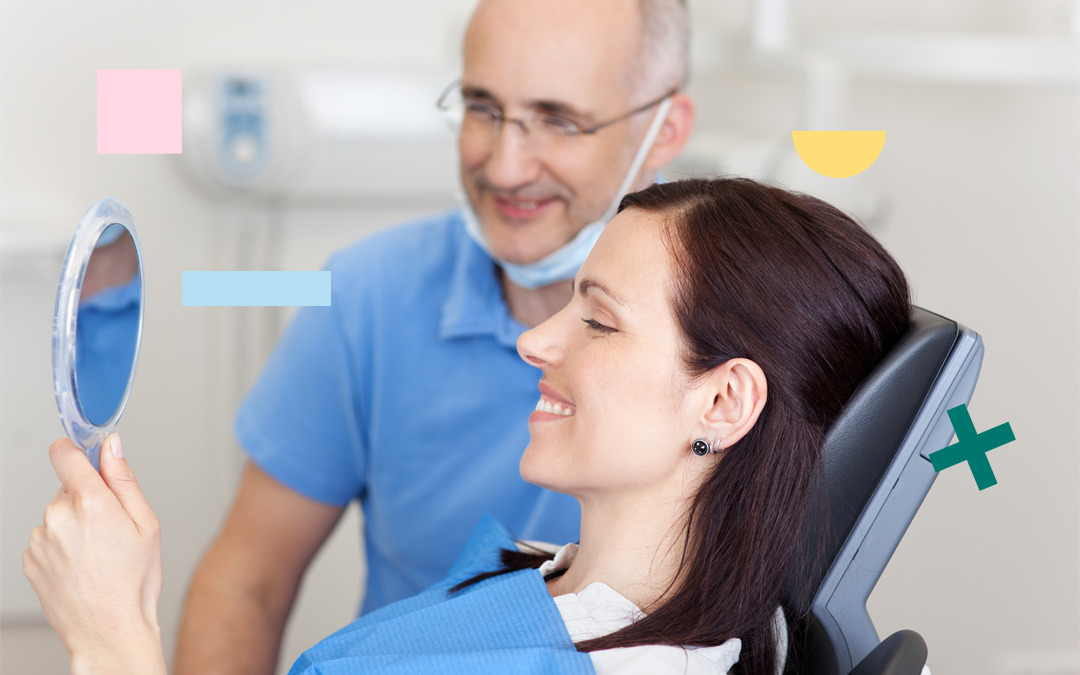
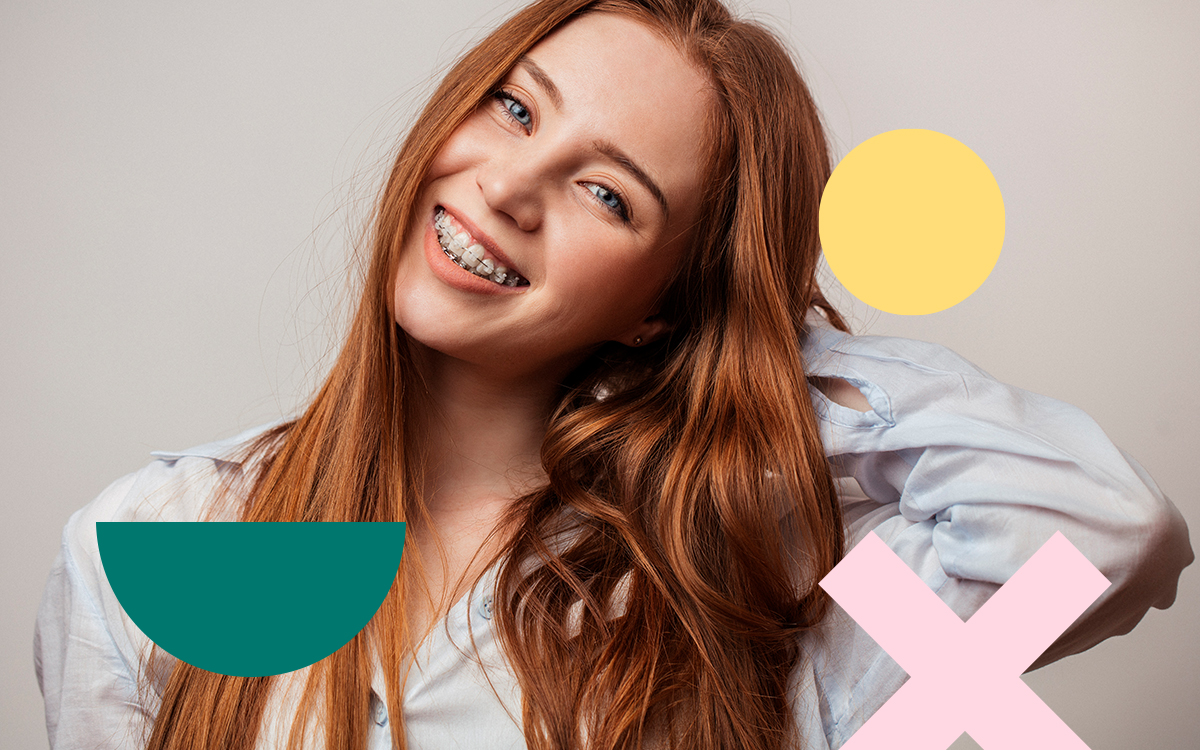 How to relieve pain with newly placed braces?
How to relieve pain with newly placed braces? How to keep your breath fresh?
How to keep your breath fresh? 10 Tips to take care of the oral health of the little ones
10 Tips to take care of the oral health of the little ones